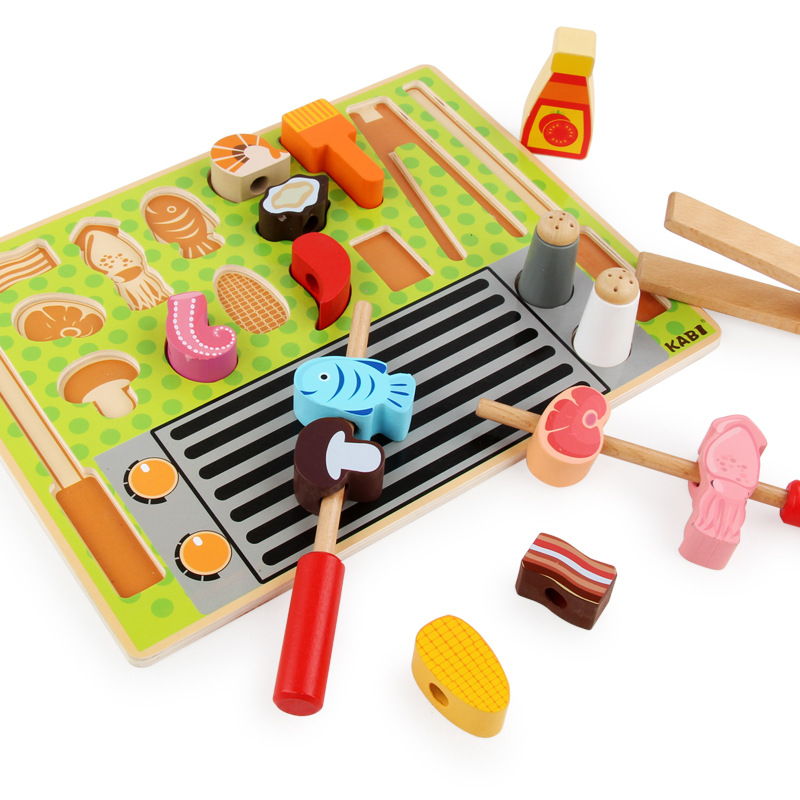Introduction: For children with special needs, music toys offer a therapeutic approach to sensory stimulation and emotional expression. These carefully designed instruments cater to individual sensory preferences and sensitivities, creating a harmonious and supportive environment. In this blog, we’ll explore the significance of music toys in therapeutic interventions for children with special needs, highlighting the benefits of sensory stimulation and emotional regulation.
- Sensory Integration: Music toys provide sensory input that helps children with special needs process sensory information and regulate responses.
- Auditory Sensitivity: Specially crafted music toys accommodate auditory sensitivities, allowing children to engage with sound in a controlled and soothing manner.
- Emotional Expression: Music serves as a medium for emotional expression, enabling children with special needs to communicate feelings and experiences non-verbally.
- Focus and Attention: Playing music toys can improve focus and attention, providing a structured and engaging activity for children with attention challenges.
- Relaxation and Calming: Certain music toys produce calming and rhythmic sounds, promoting relaxation and reducing anxiety in children with special needs.
Conclusion: Music toys offer a therapeutic approach to sensory integration, auditory sensitivity, emotional expression, focus and attention, relaxation, and calming for children with special needs. These specially designed instruments create a nurturing and supportive environment where children can explore and engage with sound in a way that suits their individual sensory needs. Incorporating music toys into therapeutic interventions fosters holistic development and emotional well-being for children with special needs, making them a valuable tool in therapeutic settings.








